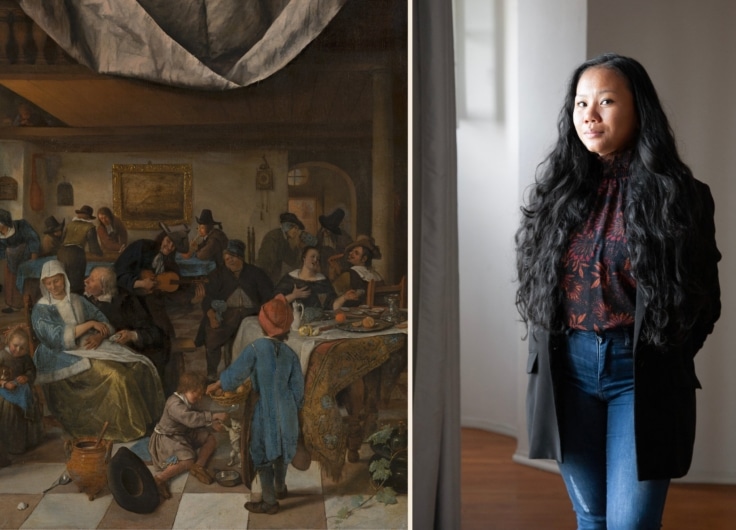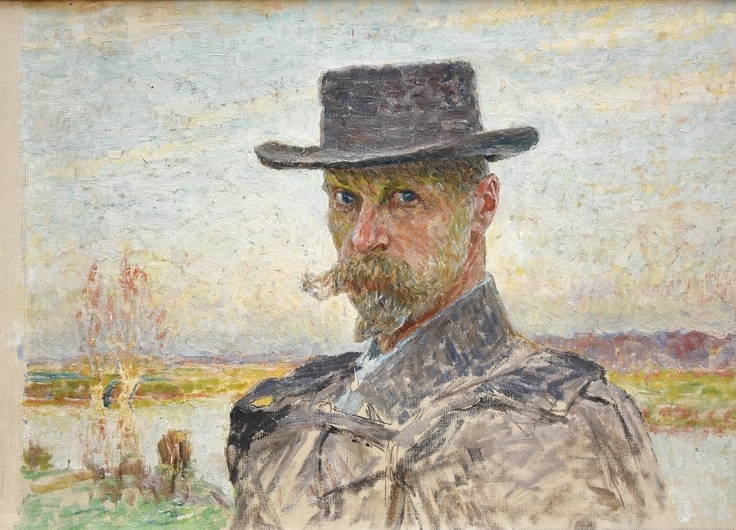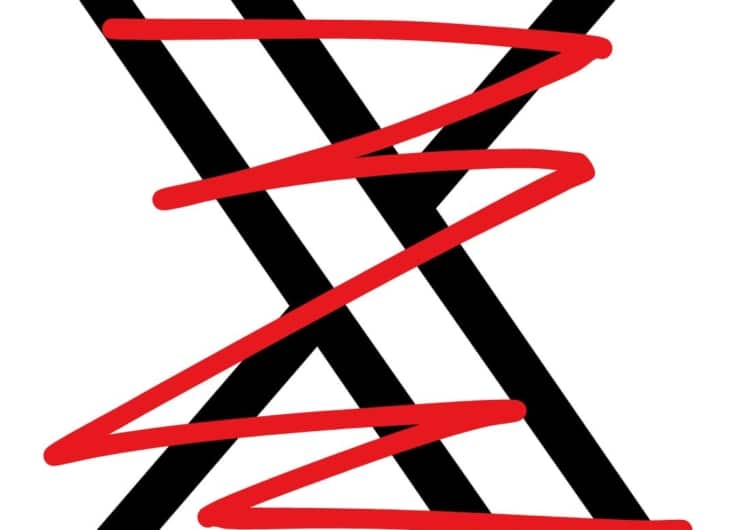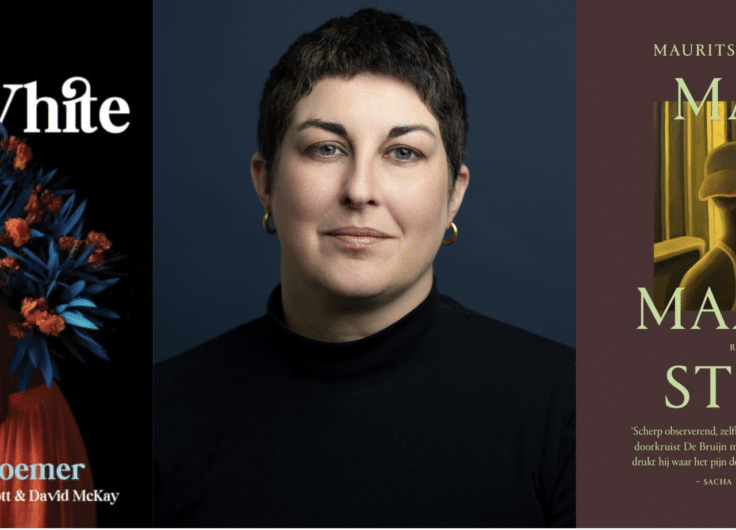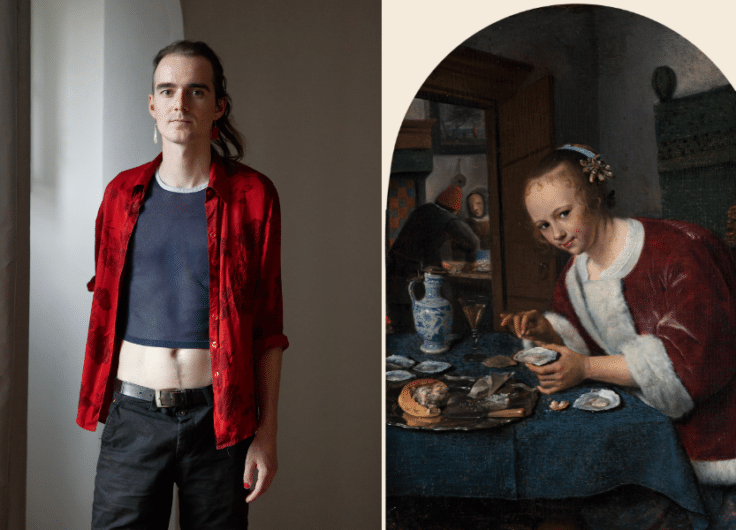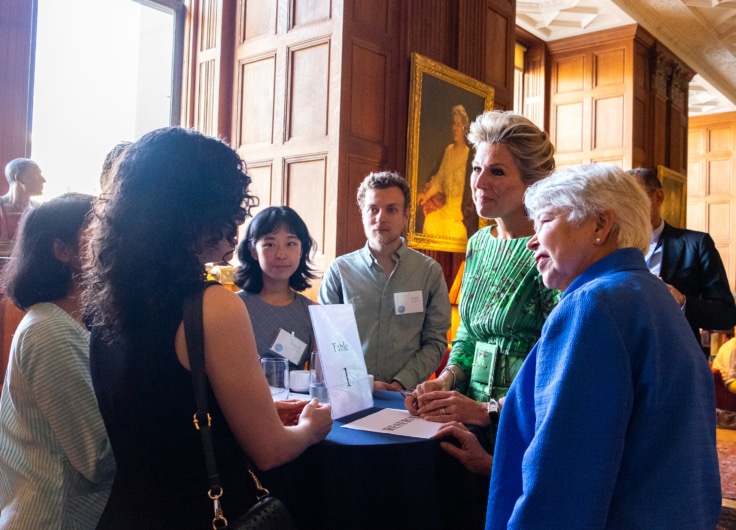‘That’s the Problem with Rubens. He Was Just Too Big, Too Successful, Too Flamboyant’
Derek Blyth takes you on micro adventures to L-Spots, hidden and exciting places in the Low Countries. This week, he lets himself be overwhelmed by the multi-talent Rubens. Or is it by his love for the human flesh?
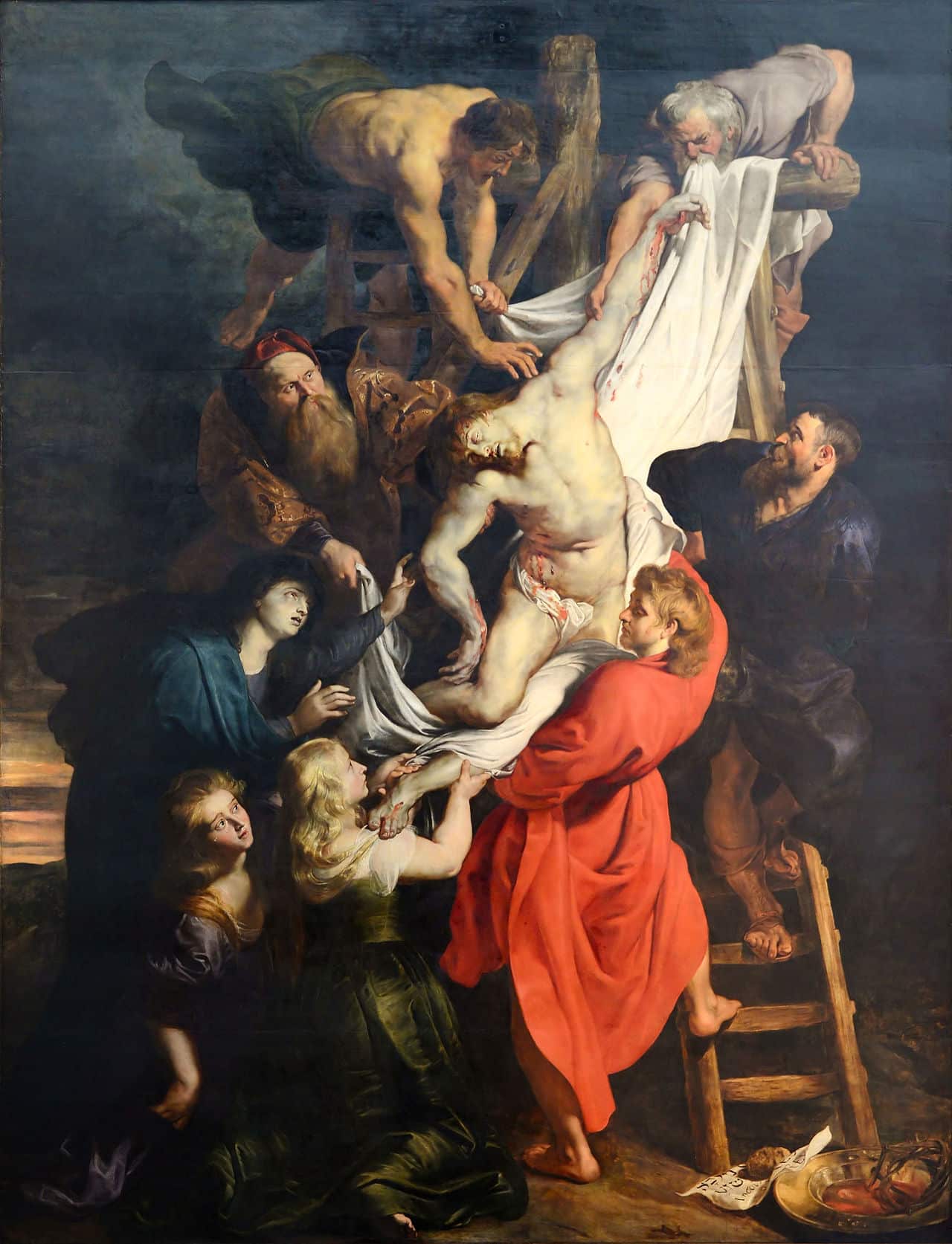 Peter Paul Rubens, centre panel of The Descent from the Cross
Peter Paul Rubens, centre panel of The Descent from the Cross© Wikimedia Commons
Everything about Rubens (1577-1640) is excessive, from his Italianate villa in the heart of Antwerp to the baroque triumphal arch he built in his garden. Even the studio where he turned out more than 1,400 paintings is enormous.
Rubens produced hundreds of exceptional works, from the Descent from the Cross in Antwerp Cathedral to intimate sketches of his children that are seldom shown in museums. His paintings have inspired countless European artists, from Delacroix to Constable and even Van Gogh.
As well as all the paintings in churches and museums, Rubens worked as an architect, a diplomat and a spy. He brought the Italian baroque style to Flanders and negotiated a peace treaty between England and Spain. He married twice and fathered eight children. What did he not do? you might be thinking.
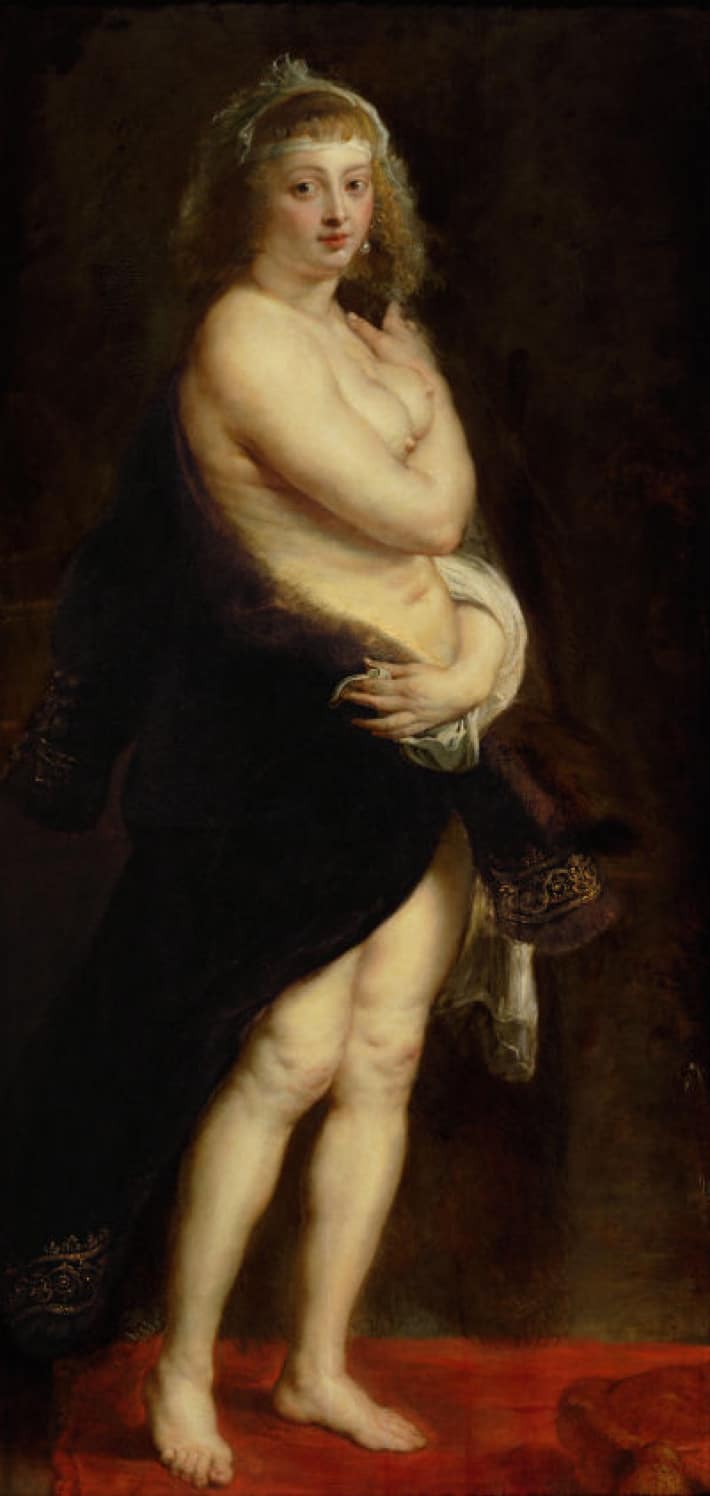 Peter Paul Rubens, Helena Fourment, between 1635 and 1640
Peter Paul Rubens, Helena Fourment, between 1635 and 1640© Kunsthistorische Museum, Vienna
That’s maybe the problem with Rubens. He was just too big, too successful, too flamboyant. When people talk about Rubenesque, they don’t mean it as a compliment. It suggests a plump, fleshy woman, like the portrait of his young second wife Helena Fourment posing in nothing more than a fur cloak.
Rubens love of human flesh didn’t upset the church authorities in the 17th century. But it has led to problems with social media filters in the 21st century. In the summer of 2018, Facebook censored a Flanders tourist office advert because it featured nude figures painted by Rubens including the figure of Christ in Descent from the Cross and Adam and Eve.
The tourism agency responded with a satirical video showing museum staff in the Rubens House in Antwerp stopping visitors from looking at paintings featuring breasts and buttocks. ‘Social media doesn’t want you to see 17th century Rubens paintings,’ the video claimed. The campaign worked. A few months later, Facebook stopped censoring those fleshy baroque nudes.


